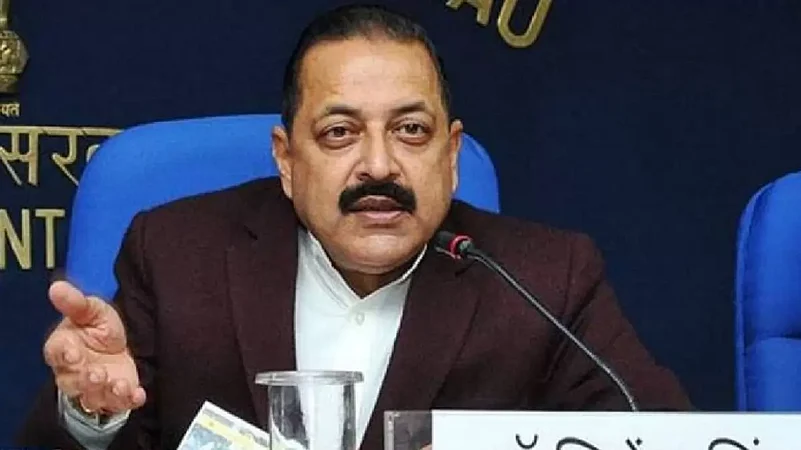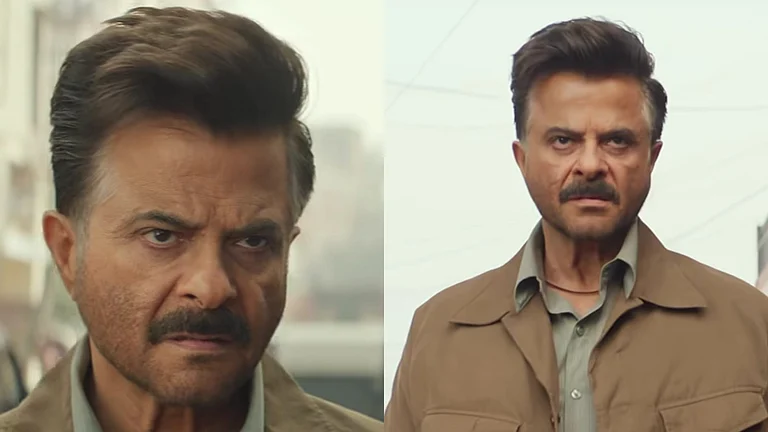Union Minister of State for Personnel Jitendra Singh on Monday said G20 nations will deliberate on ways to trace and extradite fugitive economic offenders faster besides recovery of stolen assets during a meeting of the anti-corruption working group beginning Wednesday. He said India will also reaffirm unified action to ensure zero tolerance against corruption and deepen commitments towards countering graft globally during the meeting being held in Gurugram.In a statement issued ahead of the first Anti-Corruption Working Group (ACWG) meeting of the G20 scheduled from March 1 to 3, Singh said India's G20 presidency is marked by unprecedented economic, geopolitical, and climate challenges.
Under India's chairpersonship, G20 nations will deliberate on areas of future action like bringing in processes, where fugitive economic offenders can be traced and extradited faster, and their properties situated abroad brought within the reach of the law of the land from which such offenders escape, it said. Dwelling on the subject of the working group, Singh emphasized that corruption is a scourge that impacts the effective utilization of resources and overall governance and affects the poorest and marginalized most acutely. "India's presidency aims to strengthen international cooperation for action against corruption and economic crimes, and recovery of stolen assets," he said.
Singh said the G20 ACWG will explore proactive sharing of information, improving existing mutual legal assistance framework and simplifying mechanisms for sharing of information between domestic law enforcement authorities in criminal matters. "India's chairpersonship will support G20 countries in prioritizing recovery and return of stolen assets in their broad strategy against corruption. "Enhancing the effectiveness of asset-tracing and identification mechanisms, developing mechanisms for rapid restrain of illicit assets, and promoting effective use of open-source information and asset recovery networks will be key focal areas," the minister said.
The importance of informal cooperation among G20 countries and the creation of a knowledge hub to facilitate training and capacity building of member countries in enhancing the use of existing mechanisms of cooperation will be highlighted, he added. Singh pointed out that transparent regulatory frameworks and effective internal control mechanisms to combat corruption are the need of the hour. He said as part of the 1st ACWG meeting, a 'side event' on leveraging information and communication technology for combating corruption in the public sector has also been planned.
"India will utilize its experience from implementing a citizen-centric governance model to demonstrate the role of information and communication technology (ICT) in preventing, detecting, and fighting corruption by creating common ICT platforms for higher transparency and best practices will be showcased during the side event," the minister said. Singh hoped that the 1st ACWG meeting will generate a concerted effort for enhancing awareness about anti-corruption, imparting education, and capacity building among others. He said since its inception in 2010, the G20 Anti-Corruption Working Group has been at the forefront of guiding the anti-corruption initiatives of the member countries.
G20 ACWG meetings have one chair (presidency country) and one co-chair country. The co-chair for the G-20 ACWG 2023 is Italy. The minister pointed out that as the "mother of democracy", India's G20 presidency gives her a golden opportunity to become the voice of the global south in unison with the other 19 powers by fast-tracking global anti-corruption efforts by addressing issues like money laundering, asset recovery, and beneficial ownership. Referring to the theme of India's G20 presidency - "Vasudhaiva Kutumbakam" or "One Earth. One Family. One Future", Singh said moving forward with India's G20 presidency under the guidance of the prime minister, the Department of Personnel and Training is organizing the first Anti-Corruption Working Group meeting.
The minister said during the three-day event, over 90 delegates from 20 member countries, 10 invitee countries, and nine international organizations will engage in detailed deliberations on strengthening international anti-corruption mechanisms. The delegates will experience India's culture through specially curated yoga sessions, visit to historic sites, cultural events, and local cuisine, the statement said.


























